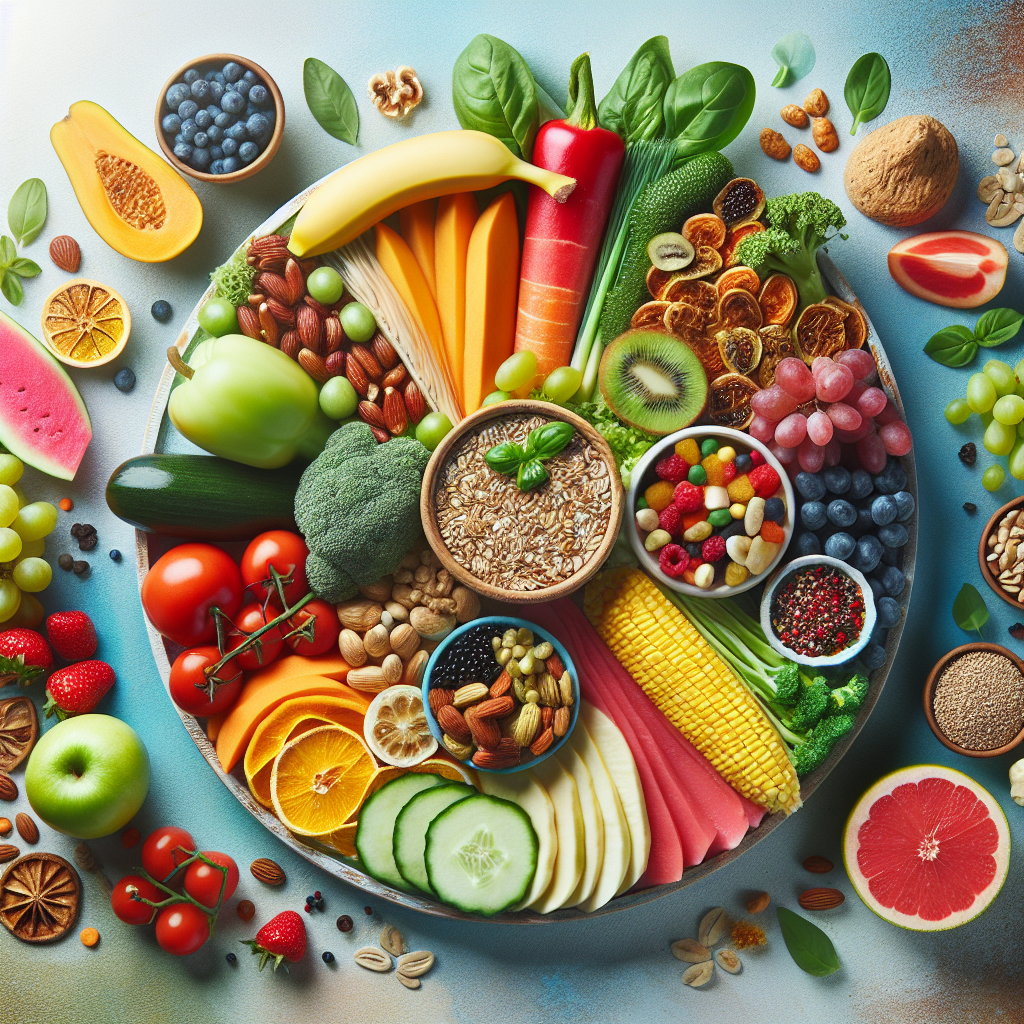Understanding Different Types of Special Diets
When navigating the world of special diets, it’s crucial to understand the different types in order to make informed choices tailored to individual needs. Special diets can be categorized into several main types, each with its own unique principles and purposes.
1. Allergen-Free Diets: Allergen-free diets are designed to eliminate specific allergens, such as nuts, soy, dairy, or gluten, from the diet. These diets are crucial for individuals with food allergies or intolerances, as consuming even small amounts of the allergen can trigger severe reactions.
2. Medical Diets: Medical diets are prescribed to manage various medical conditions. For example, the ketogenic diet is used to control epilepsy, while the DASH diet is recommended for individuals with high blood pressure. Understanding the specific dietary requirements for medical conditions is essential for managing health effectively.
3. Vegetarian and Vegan Diets: Vegetarian diets exclude meat, poultry, and seafood, while vegan diets eliminate all animal products, including dairy and eggs. These diets are often chosen for ethical, environmental, or health reasons, and it’s important for individuals following these diets to ensure they are meeting their nutritional needs.
4. Gluten-Free Diets: Gluten-free diets are essential for individuals with celiac disease or gluten sensitivity. These diets eliminate all sources of gluten, including wheat, barley, and rye, and require careful attention to food labels and ingredient lists.
Understanding the nuances of each special diet is crucial for proper implementation and compliance. It is recommended to consult with a healthcare professional or a registered dietitian to ensure that the chosen diet meets all nutritional needs while addressing specific dietary concerns.
By understanding the different types of special diets, individuals can make informed decisions that align with their health goals and requirements.
Tips for Successfully Adhering to a Special Diet
Navigating the world of special diets can be a daunting task, but with the right tips and strategies, it can become a manageable and rewarding journey. Adhering to a special diet requires careful planning and preparation, but it’s absolutely achievable with the right approach. Here are some valuable tips for successfully adhering to a special diet:
1. Educate Yourself: Take the time to thoroughly understand the ins and outs of your specific special diet. Whether it’s gluten-free, dairy-free, or a specific medical diet, knowing the food do’s and don’ts is crucial.
2. Plan Ahead: Preparation is key to success. Plan your meals in advance, create shopping lists, and consider meal prepping to ensure you always have compliant options available.
3. Seek Support: Don’t hesitate to reach out to support groups, online communities, or a registered dietitian specializing in your specific dietary needs. Surrounding yourself with understanding and knowledgeable individuals can make a significant difference.
4. Get Creative: Embrace the opportunity to explore new ingredients, recipes, and cooking methods. Experimenting with alternative ingredients can make your special diet feel less restrictive and more enjoyable.
5. Mindful Dining: When dining out or attending social events, communicate your dietary restrictions clearly and politely. Many restaurants and hosts are accommodating when given advance notice.
6. Stay Positive: Keep a positive mindset and remind yourself of the reasons why you’ve chosen to follow this special diet. Focus on the improvements to your health and well-being.
By following these tips, you can successfully navigate and adhere to a special diet, making the journey a positive and empowering experience. Remember, with the right knowledge and mindset, embracing a special diet can lead to a happier and healthier lifestyle.
Navigating Social Situations with a Special Diet
Navigating the World of Special Diets: A Comprehensive Guide
Following a special diet can greatly impact social situations, as food is often a central focus in gatherings and events. Whether you’re following a gluten-free, dairy-free, vegetarian, or vegan diet, navigating social situations with dietary restrictions requires some planning and communication. Here are some tips to help you navigate social events with ease while sticking to your special diet.
First and foremost, communication is key. When attending social gatherings, don’t be afraid to let the host or hostess know about your dietary restrictions in advance. This allows them to accommodate your needs and ensures that there will be suitable options available for you. Additionally, offering to bring a dish that fits your diet not only guarantees that you’ll have something to eat, but it also allows you to share your delicious food with others.
Another strategy is to focus on what you can eat rather than what you can’t. Look for naturally gluten-free, dairy-free, or plant-based options at the event, such as fruits, vegetables, nuts, and seeds. If you’re unsure about the ingredients in a dish, politely inquire about the preparation or simply opt for the items you know are safe for you to consume.
Furthermore, educating others about your special diet can alleviate any potential discomfort or awkwardness. Take the opportunity to share information about the reasons behind your dietary choices, the benefits you’ve experienced, and some of your favourite recipes. This can foster understanding and may even inspire others to try new dishes or be more mindful of dietary restrictions in the future.
Ultimately, navigating social situations with a special diet is about being proactive, communicative, and open-minded. By taking these steps, you can participate in social events with confidence and enjoy the company of others while honouring your dietary needs.
